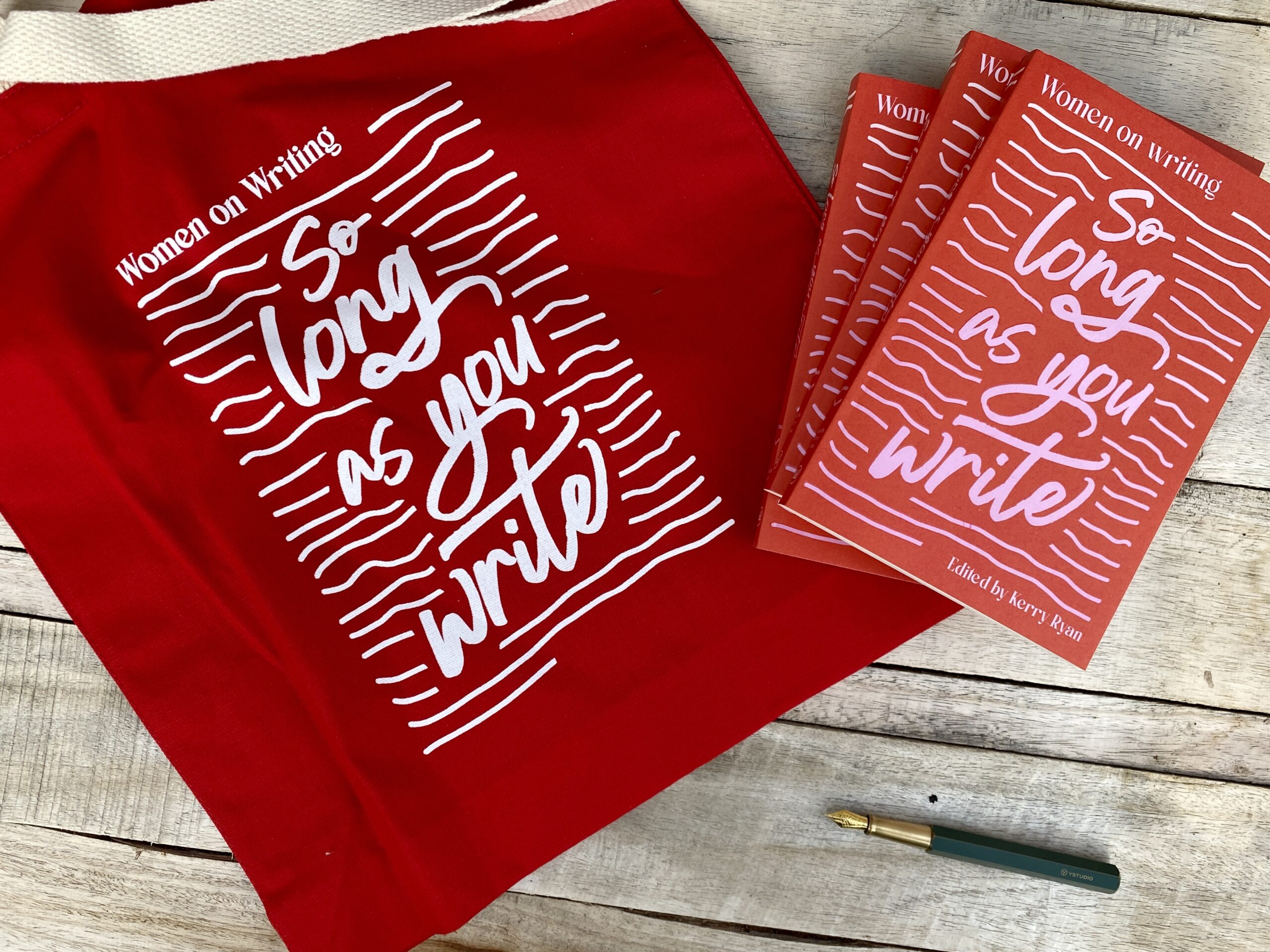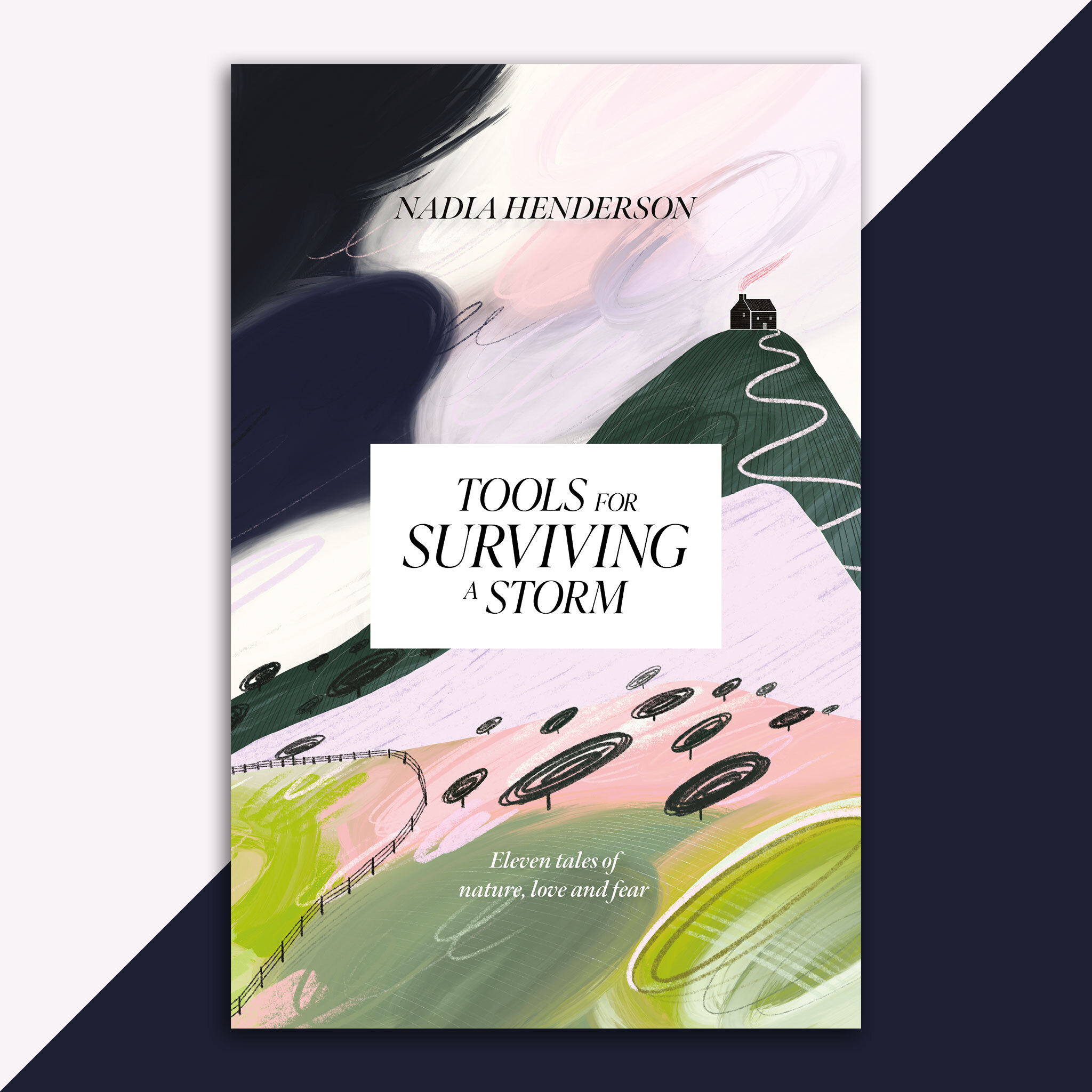ROOT LEAF FLOWER FRUIT | Hope can be found in the fertile valley of a vineyard, in Ginger Rose Clark’s essay.
by Ginger Rose Clark
The road is dusty. Branches run their sharp fingers along each side of the car, as it careers perilously from one pothole to another. The wheels edge their way along what the sat nav, somewhat questionably, considers to be a road, causing plumes of dry dust to rise up behind. It’s hot. Although we are now in October and not yet midday, the Puglian sun is fierce and unforgiving – a thin barrier of sweat lies between my skin and the car seat.
Just as I start to question whether I’m on the right track, slightly unnerved by the quiet, empty landscape, the turning I’ve been hopeful for appears: a short drive that leads to a house flanked by an outbuilding. Two dogs emerge from the cool shadow of the house to herald my arrival: one a keen puppy, the other a wise old creature who follows behind, less eager, more cautious after years of welcoming cars to the farm. Shortly after, alerted by the barks, their masters – Jutta and Mimmo – appear. They are expecting my visit.
Together, we walk through the vines which stretch ahead of us, sloping down gently in the valley which gives this winestead its name: Pantun. The pleasing two-syllable word is from the local dialect. It means ‘quagmire’. Wet ground, soft underfoot. A small river once ran between the hills, enriching the soil. Now, this fertile land is respectfully nurtured and cared for by Jutta and Mimmo: this is the earth that gives life to the grapevines they use to make Cantina Pantun’s natural wines.
Natural wines are made in a way that is often described as low-intervention: no chemicals are used to tame and control the earth, the vines or the winemaking process. Concretely, that means the land is farmed organically and that, besides a very small amount of sulphites, no additives or processing aids are allowed in the process of transforming grapes to wine. Come harvest time, the Cantina Pantun grapes are picked by hand (rather than mechanically), slowly, carefully. Like other natural wine producers, Jutta and Mimmo appreciate that nature will only have the capacity to feed us humans infinitely if we engage with it in a carefully balanced relationship of reciprocal care.
Jutta tells me their story and their processes. She explains the lay of the land and how this specific parcel we are standing on looks to the North. She points to the wild plants at the foot of the vines that have been spared the toxic effects of weedkillers. She parts leaves to shows us the fragile yet promising connection of two plants recently grafted together to make one.
Here, time takes on a completely different meaning: the landscape places us in connection with the past, a link that is palpable. The earth beneath my feet has provided for humans, year after year after year. This moment reaches into the past, one that belongs to a series of never-ending yearly cycles.
“The earth beneath my feet has provided for humans, year after year after year. This moment reaches into the past, one that belongs to a series of never-ending yearly cycles.”
The connection with the future, however, is not as clear as it should be – climate change is very much in evidence. Politicians in their suits can deny it all they want, but here, it’s an all-too-real, menacing reality that manifests itself to the senses. Hands touch and feel the soil daily, responsive to its every change. Eyes watch the ever-evolving procession of clouds, hopeful for rain, dreading the increasingly regular fluke hailstorms that have the power to destroy the vine in a split second. Skin feels the air getting hotter, summer after summer. Tastebuds are quick to notice how the grapes are reacting to the increasingly erratic climatic fluctuations, which will, in turn, affect the finished product.
Working and living in osmosis with nature, farmers like Jutta and Mimmo cannot choose to deny climate change. Luckily, this year has been a good year at Cantina Pantun and, with this year’s crop harvested and transformed, they can relax for a short while.
Blissfully unaware of these worries, the puppy joyfully bounces around trying to catch the crickets that chirp in an antagonising way, hidden from sight in the parched grass: such innocence, such naivety. He bounds between the vines where a few reminders of the season that has just come to a close remain – here and there a few shrivelled grapes still cling to the vine. Their aged, wrinkled skin is overly mature from the relentless caresses of the Puglian sun: summer has been and gone. The plants are now preparing to rest, anticipating a state of dormancy in which they will replenish their forces before they start the cycle of creating fruit over again.
We wander inside the Cantina’s outhouse where steel tanks stand tall. They emanate metallic coolness that contrasts with the dry heat kept at bay behind the door. This is where grapes transform into wine in the most natural way possible. In accordance with the principles of natural winemaking, wild yeasts do the work in spontaneous fermentation. Here too, nature is allowed and indeed, encouraged, to be.
A biodynamic calendar hangs in a corner: earth – root; water – leaf; air – flower; fire – fruit. Jutta uses it as a loose guide when planting, pruning and harvesting. As a winemaker, once one takes chemicals out of the equation, one has to be in tune with nature and listen for its pulse. The calendar tells us of the waxing and waning moon, of the cosmic rhythms that most of us no longer understand.
Later that evening, I sit on the roof terrace of my Airbnb and let the warmth memory of its stones permeate my body. I open a packet of fennel-studded taralli knots and uncork one of the bottles of Cantina Pantun’s Primitivo. The wine glides around the mouth smoothly – you could say red berries, earthiness, a touch of acidity – but, when you’ve stood on the very ground it was birthed from, breathed in the surrounding air and touched the plants the wine was made from, each sip becomes nourishment of another kind. It conjures up Cantina Pantun’s fertile valley, its sense of great tranquillity. It reminds us of the age-old relationship between humans and nature, while also offering up a promise of better agriculture.
In the distance, the pink-orange rays of the sun – the very same that pounded down on Cantina Pantun earlier – reach high unto the Puglian sky for the last time today as the sun continues on its Earth round, its never-ending cycle. Perhaps all is not lost.
Ginger Rose Clark | @gingerroseclark | gingerroseclark.com
Ginger Rose Clark is a lifestyle journalist currently living in London. Her work covers fashion, food, travel and more.






